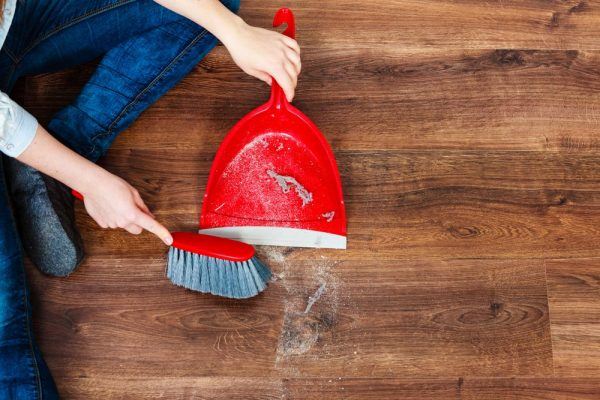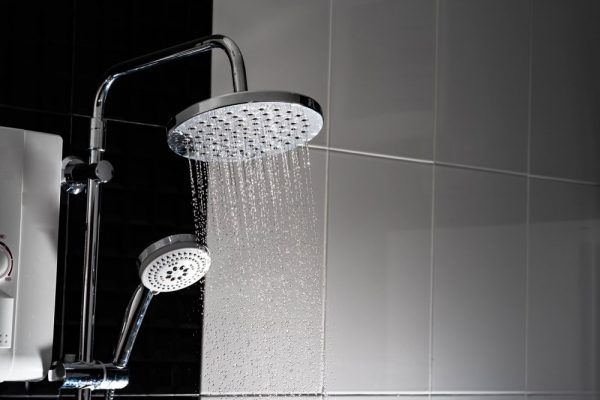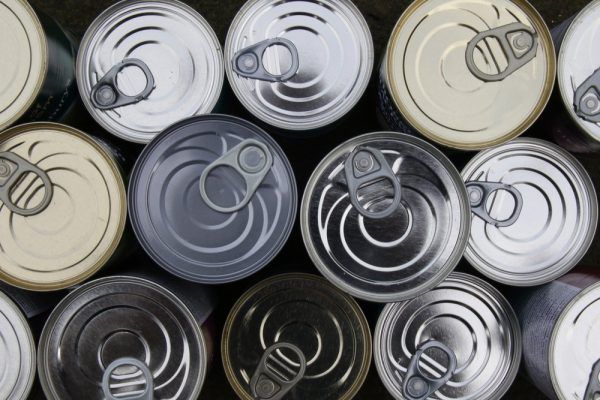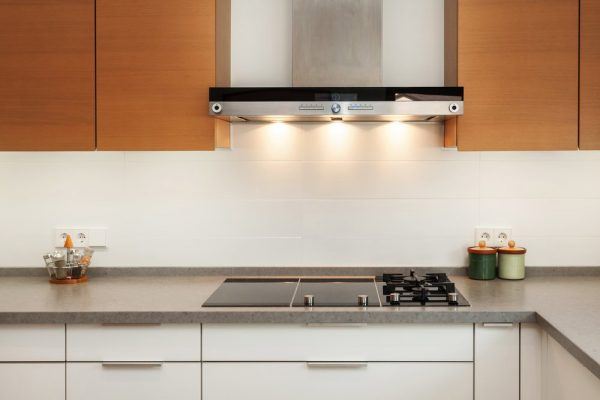Home is where the heart is, but it’s also a place that is full of a number of potential toxins. That’s why we’ve compiled five subtle ways that your house could be making you and your family sick, and you likely have not thought about some of them before.
Toxic Dust

Dust that ends up in hard to reach places in your home can do more than just make you sneeze, as they can become toxic. Researchers from George Washington University looked at dust samples from all over the United States, and they found 45 potentially toxic chemicals hiding within, ten of which turned up in 90 per cent of the samples.
One of the worst offenders was TDCIPP, a flame retardant frequently found in furniture and other household items that is thought to cause cancer. You can minimize the dust in your home by vacuuming often.
You’re Addicted To Air Fresheners

If you’re constantly keeping your house smelling fresh, it could be having a negative affect on your health. Scented candles, oil diffusers, plugin fresheners, and scented sprays sometimes contain phthalates, which are chemicals that may disrupt the endocrine system by interfering with hormones.
“Phthalates can act as a synthetic hormone inside the body. When we have synthetic chemicals that interfere with natural processes, we start worrying about health issues,” explained Lara Adler, an environmental toxins expert and certified holistic health coach in Portland, Oregon.
Instead of using air freshener, you can keep your home smelling good by using natural essential oils, buying flowers, or simply opening the windows.
You Spray Down Your Shower With Bleach

Using bleach on your bathroom may make the tiles clean, but it can also make the situation worse.
“Bleach gets rid of mould in tile grout, but it’s very caustic and grout is permeable, so it actually eats away at grout over time and makes tiny holes for more mould to grow,” Adler explained.
Instead of using bleach, you should use a solution of hydrogen peroxide and water to combat mould spores. You can also use a squeegee to wipe down the shower walls to get rid of excess water after bathing.
Your Pantry Is Full Of Canned Food

Adler said that while canned food is affordable, some cans are lined with a substance containing BPA, which may interfere with the body’s hormones and potentially raise the risk of developing cancer and diabetes. This BPA can mitigate to food quite easily.
“These are staples in people’s kitchen yet are a significant source of BPA exposure,” she said.
Your Kitchen Isn’t Properly Ventilated

If you have a gas stove, you could be unknowingly raising the level of toxic fumes while you’re cooking.
“Carbon monoxide, a deadly gas released from gas stoves and ovens, can quickly build up in your kitchen, especially without proper ventilation,” Adler said. “Some studies suggest that about half of all gas stoves can raise carbon monoxide to dangerous levels.”
You’re not completely safe if you have an electric stove either, as experts have found that the simple process of cooking can create fumes as well as fine particles that affect indoor air quality. Adler said that you should always use your hood vent (ideally vented to the outside) or open your windows to properly ventilate and avoid the dangerous gasses.
COMMENTS POLICY: We have no tolerance for messages of violence, racism, vulgarity, obscenity or other such discourteous behavior. Thank you for contributing to a respectful and useful online dialogue.